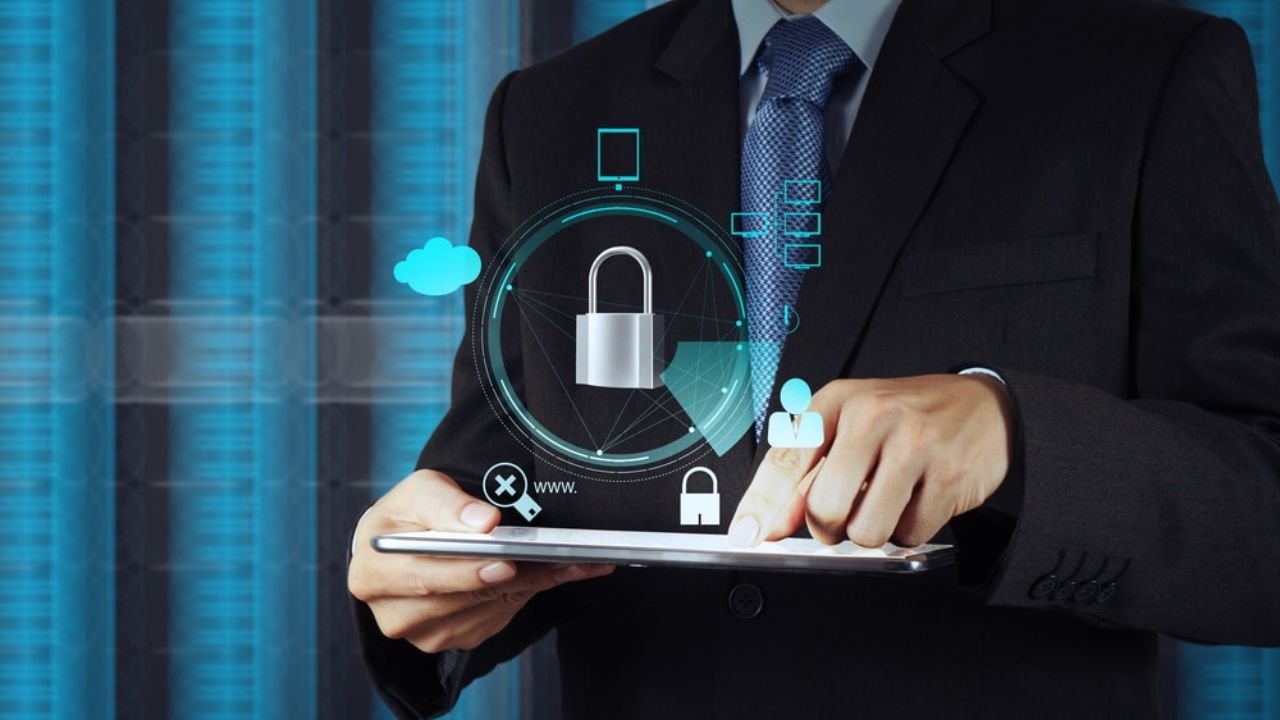How secure is your business network?
In a world of rising cyber threats, no company can afford to overlook business network security. Hackers, phishing scams, and data breaches can cost businesses more than just money-they can damage trust and reputation.
That’s why understanding the best data protection methods is crucial. This article will show you practical solutions to safeguard your systems, protect sensitive data, and keep your operations running smoothly. Secure your business before it’s too late!
Firewalls
Firewalls are necessary to screen network data and stop people who aren’t supposed to be there from getting in. They keep data from coming into or going out of your network by blocking connections to outside sources. Firewalls can be made of hardware, software, or a mix of the two.
Hardware filters work at the entry level to protect the whole network. Software firewalls add an extra layer of security because they work on each device.
Intrusion Detection and Prevention Systems
IDS (Intrusion Detection and Prevention Systems) helps find and stop bad things from happening. These systems keep an eye on network data to find strange behavior or known attack trends. They either send out alerts or stop threats right away.
IDS is all about finding threats and letting managers know when one is found. IPS goes even further because it actively stops the threat from harming the system.
Virtual Private Networks
Virtual Private Networks (VPNs) secure data to make sure that online contact is safe. They make it safe for workers who work from home to connect to company networks. VPNs keep data safe and stop people from intercepting it without permission.
VPNs connect people to the company network through a safe path. They are very important for companies with workers who work from home or move a lot.
Multi-Factor Authentication
Multi-Factor Authentication (MFA) makes logins more secure by adding extra layers of protection. It asks people to prove who they are with at least two things, like a password and a code. This lowers the chance of someone getting in without permission.
Multiple factor authentication (MFA) is a good way to keep accounts and systems safe. It’s often used for tasks inside and outside the company.
Penetration Testing Tools
Penetration testing tools simulate attacks on your network to identify weaknesses. They help businesses find and fix vulnerabilities before attackers can exploit them. These tools are essential for improving overall network security.
Penetration testing can be performed using various tools to test different security areas. CREST penetration testing is a certified approach that follows recognized standards and guidelines to ensure thorough testing.
Endpoint Detection and Response
Tools called Endpoint Detection and Response (EDR) protect computers and other devices that are tied to a network. Endpoints like computers and cell phones are watched for bad behavior. EDR systems also let companies act quickly when threats are detected.
These tools gather and look through data to find strange behavior. They help companies figure out and fix computer security holes.
Strengthen Your Future With the Best Tools for Business Network Security
In today’s digital world, securing business networks is more important than ever. With the rise of cyber threats, businesses must invest in the right tools and technologies to protect their data and systems.
By staying informed and using the latest cybersecurity strategies, businesses can strengthen their defenses. Prioritizing business network security ensures smoother operations and long-term success.
Was this article helpful to you? If so, make sure to check out our blog for more useful information and resources.











